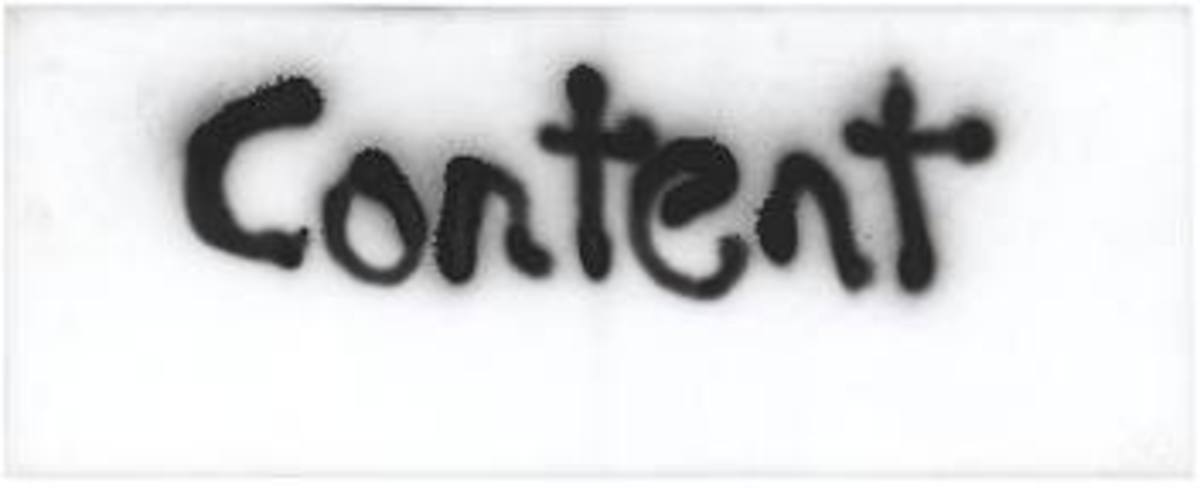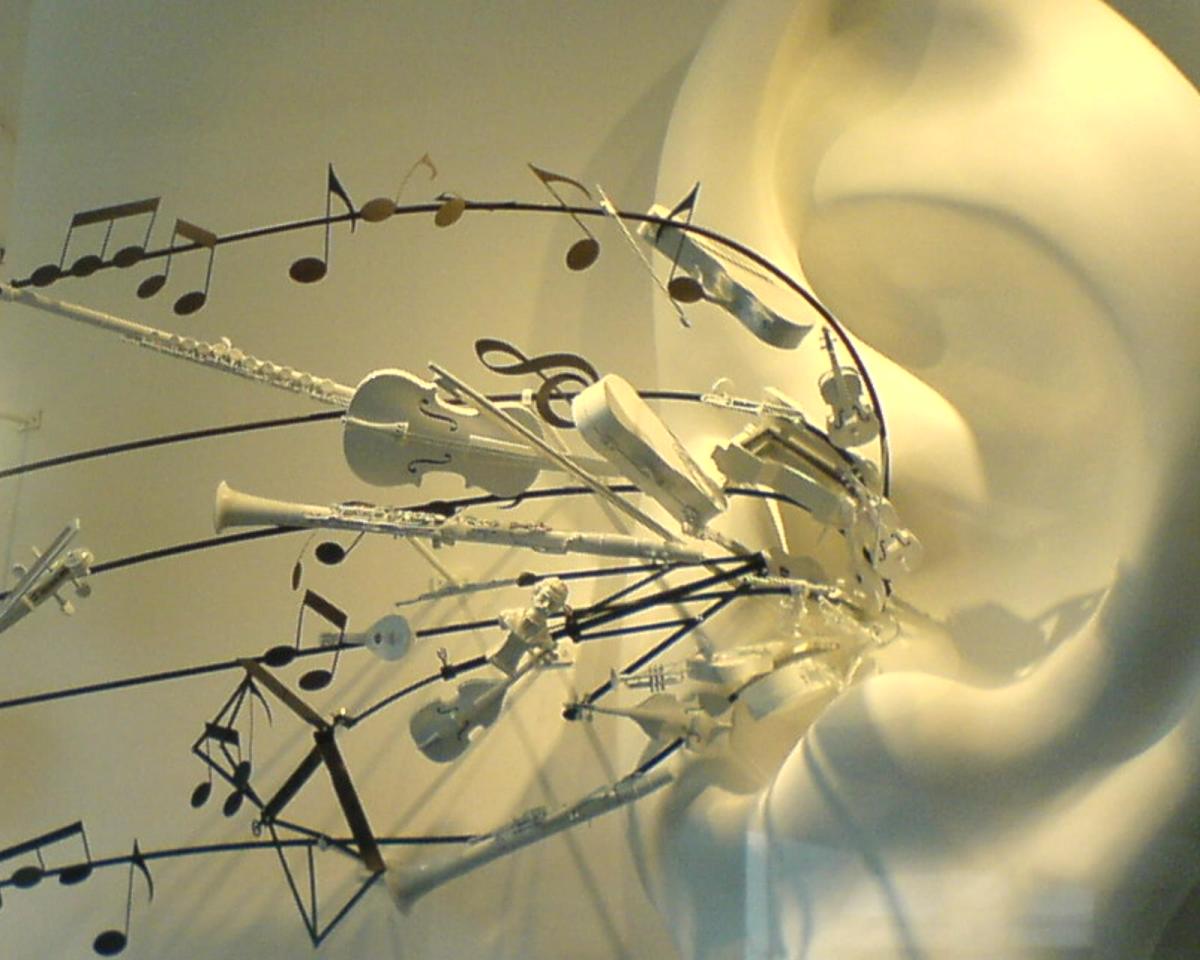Bots in Content Writing
Bots will soon start generating content. Will we need human writers once the technology is sophisticated enough to write content?
Bots replacing human writers, is something that could probably happen in less than 20 years. The question is, how successful will they be, yes an unbiased view on any domain after accurate data analysis is more than preferred,but does that mean bots can actually generate content which is relatable, which has a certain amount of emotion ?Which is affordable?
Yes, there are quite a few success stories wherein bots were implemented and where they have done impressive work. Bots like Heliograf(The Washington Post) , during 2016 Rio Olympics, Wordsmith (The Associated Press) have carved a niche, set a standard and promised a future where there might or might not be flying cars but there will be Artificial Intelligence taking over the content writing domain.

“The only way to win at content marketing is for the reader to say, ‘This was written specially for you’.” JamieTurner
How successful are the bots?
Heliograf is a home grown automated content writing technology of the Washington Post. It generated more than 300 posts and alerts on the Rio Olympics. In the first year around 850 articles were written by the bot, where it mostly covered the election. The idea (they said), is to not replace human reporters but to free up their time.They haven't analysed the economic impact of the bot yet, but it surely provided data that was nearly accurate, that is lesser error percent compared to a human. The bot has about 5 people working on it, so more modifications and developments can be expected. I'd say the future is now! But then we have a long way to go.
You might be familiar with Artcoolo, if not do search about it. You might find the following description,
' What is Artcoolo?
Our technology creates unique, quality and proofread content from scratch, simulating a real human writer. You choose the topic and length, and our algorithm will create your article.'
What is interesting about it is, you get content about any possibile topic, the content is unbiased, accurate and most importantly fast. But mind you, the content is a result of data analysis and standardisation rather than intuition and emotion. That is the article is not from an Arsenal fan who'll write his heart about his favourite team, it is from a bot who'll give you the statistics, provide the probability of victory but never carry any sort of emotion.
“The desire to reach for the stars is ambitious. The desire to reach hearts is wise.” Maya Angelou
Bots v/s humans
In a domain where emotions are unnecessary, bots might prove to be as worthy or even better than human writers. But imagine having to report a natural disaster, but lacking the empathy and simply providing the scale of destruction and casualty.
But with the pace at which artificial intelligence is developing, these limitations can be rectified. Take the case of AP's bot, the first time it wrote, the article was throughly checked by an editor, but three months later the articles where published, untouched by a human.
Again it is said that Google uses romantic novels to train its AI. And in Japan, a short novel written mostly by a computer was produced. So no matter what the limitations are, with sufficient training and modification the bot might just turn out to better than any human writer.
Bots
| Human
| Inference
|
|---|---|---|
Quick
| Might not stick to deadline
| Bots rule
|
Accurate
| Possibility of error
| Bots rule
|
Unbiased
| May or may not be biased
| Bots rule again
|
Lacks emotion
| Plenty of emotions
| Human wins
|
Expensive to implement
| Can control the expenses
| Humans I guess
|
Consider the following factors

“Above all, you want to create something you’re proud of.”
Richard Branson

So as far as robots are unable to feel, human writers and their jobs are safe.Bots are just handy helpers, they are built to assist writers, to reduce the work load. To think about a future where man and machine can actually work together is far pleasing than living in constant fear of world domination by a machine.








